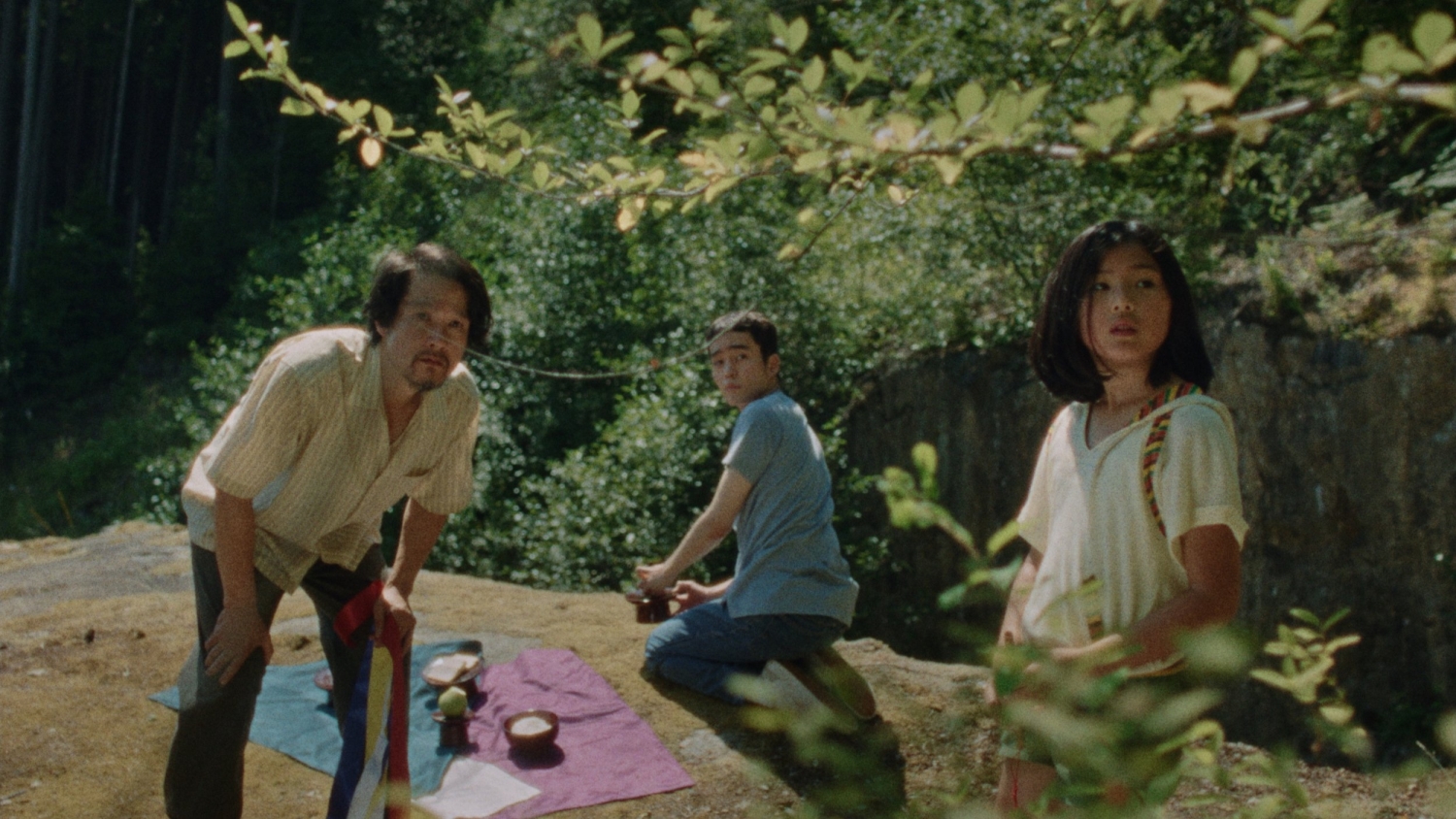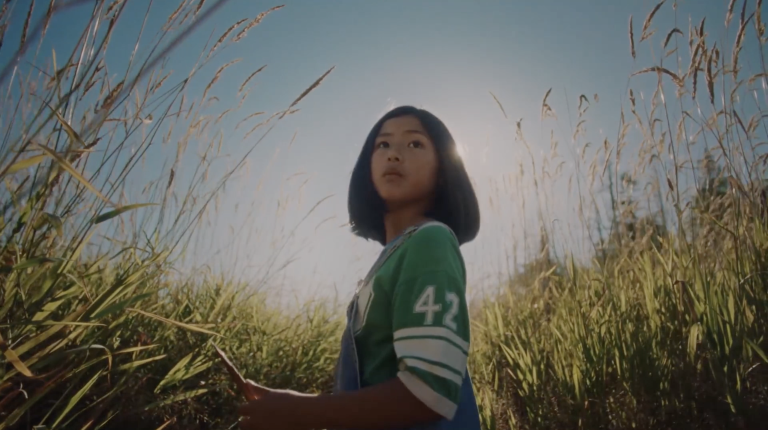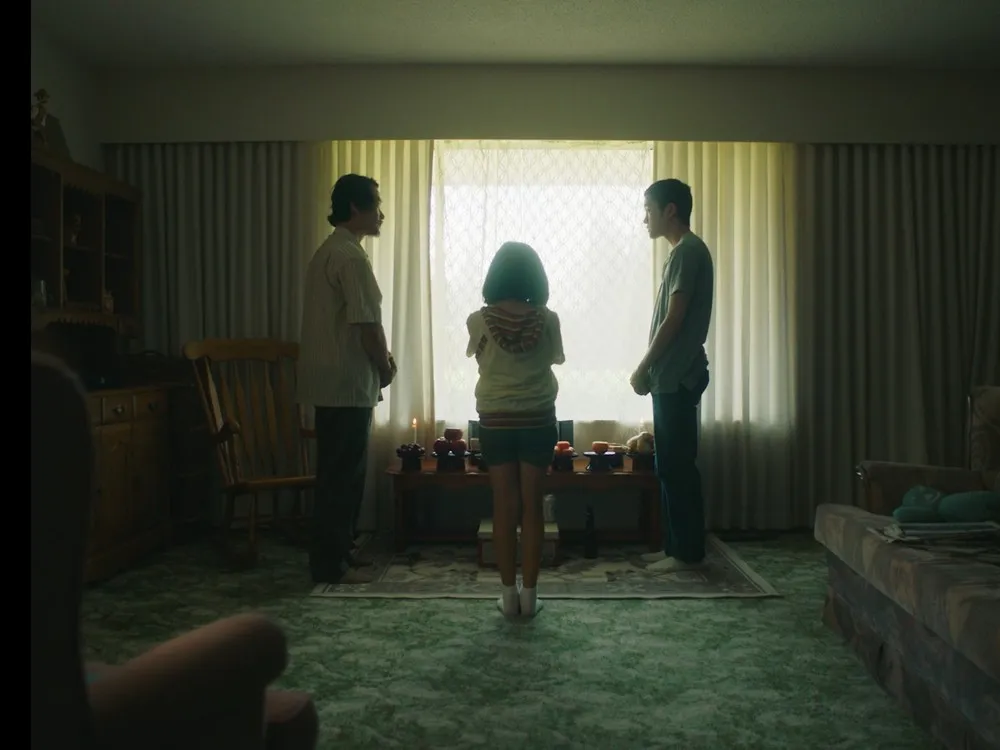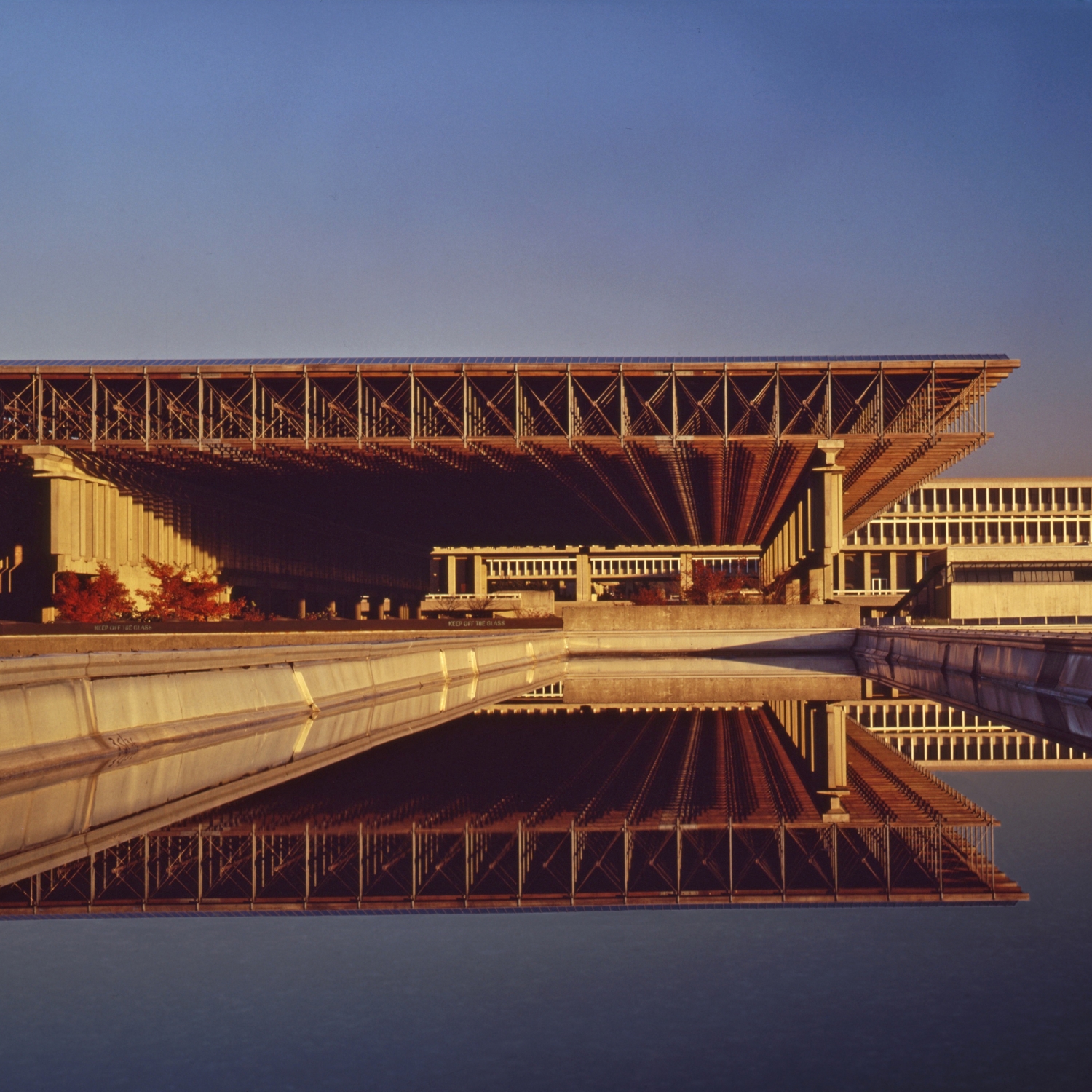At once raw and poetic, Jerome Yoo’s MONGRELS navigates the complexities of identity, loss, and belonging with a striking blend of realism and surreal beauty. Set against the vast Canadian Prairies in the 1990s, the film captures the dislocation of an immigrant family struggling to carve out a space for themselves in an unfamiliar world. With influences ranging from fairy tales to Korean cinema, Yoo crafts a deeply personal yet universally resonant story that lingers long after the credits roll.
As MONGRELS makes its way to international audiences, we chatted with Yoo to discuss the film’s emotional core, the importance of Asian diaspora narratives, and what he hopes viewers around the world take away from the story.

MONGRELS

MONGRELS

MONGRELS
Alief is bringing Mongrels to international audiences—what excites you most about the film travelling beyond Canada? And what do you hope global viewers connect with?
I’m incredibly excited to be working with Alief to share the film internationally. I feel excited to hear the feedback and reactions of what resonates with diverse audiences in various regions. So far the film travelling has led to wonderful new friendships and creative connections also, which have been meaningful to me.
MONGRELS is hitting theatres in Canada during Asian Heritage Month. What do you hope it adds to the ongoing conversation around Asian diaspora stories in cinema?
As MONGRELS depicts a family, uniquely born in different generations, there was a large focus on portraying a diverse palette of authentic experiences. In the film, each character’s trials and tribulations in adapting to their new life look vastly different. The father’s struggle is opposite of the son’s and the daughter’s is also unique to her age. I can only hope that it adds another resonant layer and shape to how immigrant families process grief or perseverance.
MONGRELS will begin its Vancouver theatrical premiere on Friday, February 14th at the VIFF Centre in downtown Vancouver and is coming to other cities across the country and VOD soon.


